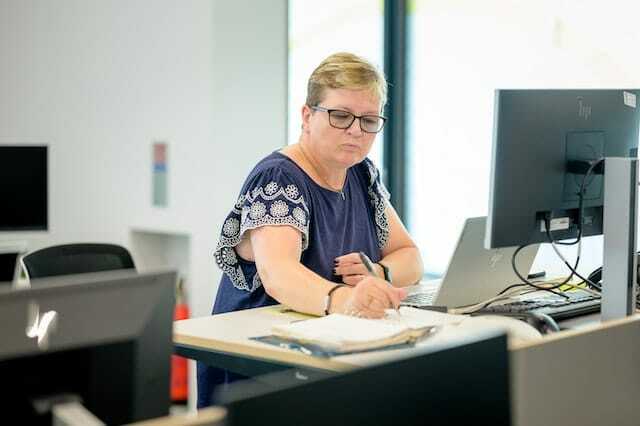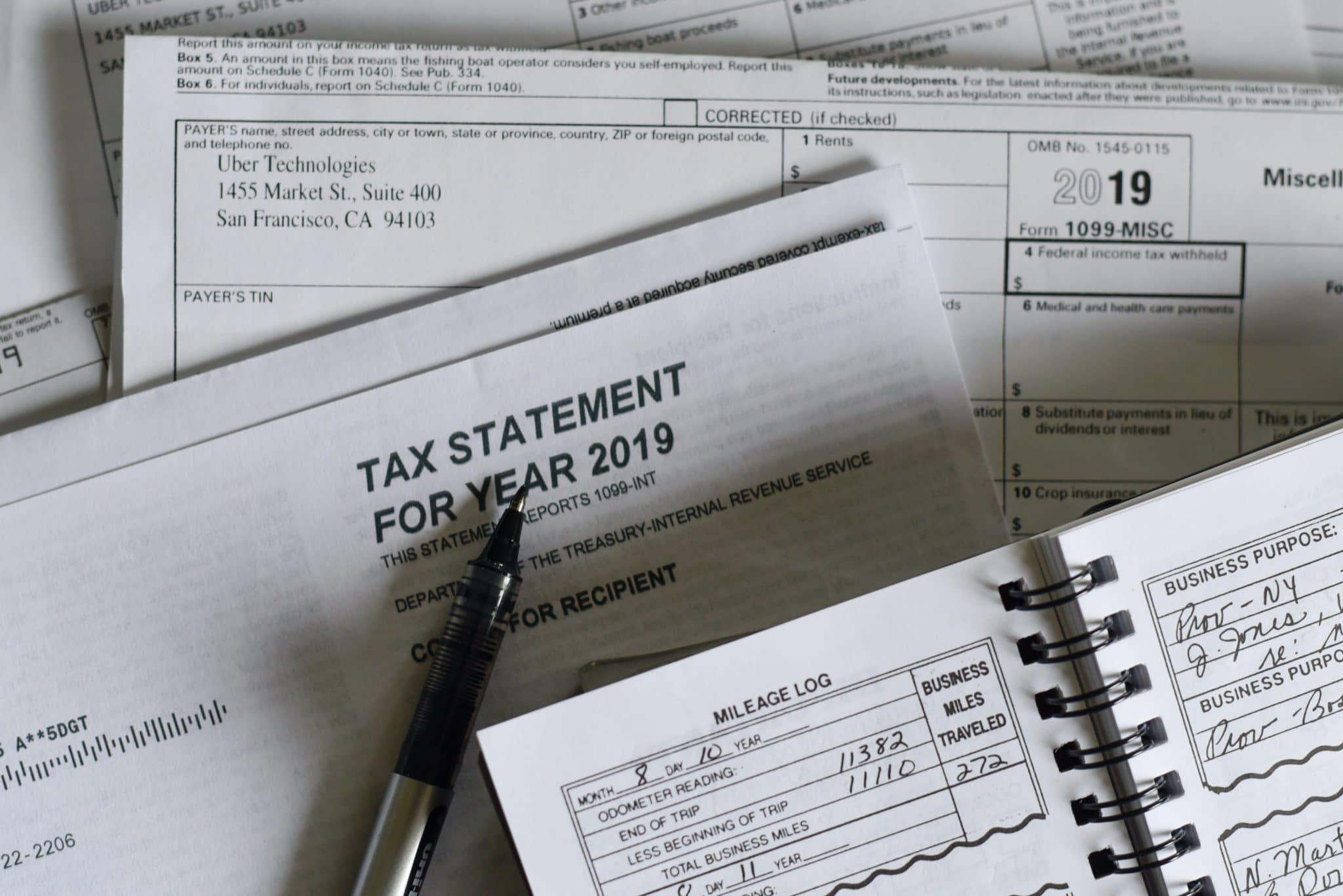In today’s fast-paced environment, most individuals don’t have enough time for financial planning. As a result, stress and anxiety continue to be a part of our daily lives even when income sources have increased exponentially over the past decades.
Most of us earn income to spend on basic necessities without realizing that a part of that income can also be saved or invested to generate a better lifestyle. This article is dedicated to informing individuals about managing their personal finance to lead a successful life, regardless of the income.
How to Plan?
Experts suggest that there are three stages of personal finances. Accordingly, the goal of each individual should be to reach the highest stage. These stages include:
• Basics of Personal Finance
• Safety in Financial Income
• Growth of Wealth
Unfortunately, most of us never get out of the first stage even when we are able to generate a lot of income. In simple terms, our expenses continue to increase at a greater rate than our expenses. The proof of this financial condition is millions of Americans who don’t have any personal savings despite earning one of the highest incomes in the world.
Let’s look at each stage carefully to start planning for our future:
First Stage: Basics of Personal Finance
According to Maslow’s Hierarchy, the first step is a survival stage where we try to survive by meeting our most basic needs. In other words, this stage can also be defined as our struggle to earn more while keeping expenses as low as possible. If successful, most of us spend the extra money on entertainment and other leisure activities that make us happy.
Most individuals at this stage are so busy in their lives that they forget about savings and investments. Without saving a part of the income, they may never reach the financial freedom they dream about.
In reality, we should have a definite plan to save our earnings so that we may use it in an unfortunate event. To move towards the second stage, we should try keeping an eye on our revenue and expenses. If we can curtail our expenses, we will be in a position to secure our future.
Try to get rid of any debt as quickly as possible. Once debt-free, you will be able to save something to secure your life instead of relying on meager savings. At this stage, your savings can end quickly if confronted with an unfortunate event.
Second Stage: Safety in Personal Income
If you have enough resources to invest in your personal safety, you are on the second stage of personal finance. Examples of safety include contributing towards medical insurance and savings that can help you confront unlikely financial situations such as a hospital bill.
Sometimes, the first and second stages are intertwined, which makes it difficult for us to differentiate between each stage. For instance, we may have savings and medical insurance, but we continue to struggle.
In such cases, it may be useful to evaluate your net monthly earnings after all the expenses are paid off. Multiply these earnings by 12 to calculate an estimated net-worth after one year. If your savings are more than your yearly profits, then you are in the second stage of finance, and vice versa.
At this stage, you should aim to increase your savings by any means possible. You can do this by starting a side-business to supplement your income. You can even cut your expenses to grow your savings. Increasing your safety net by getting life insurance. Health insurance, an education plan, and upgraded car insurance are all parts of financial planning at this stage.
Third Stage: Growth of Wealth
The third stage of personal finance reflects a quality lifestyle where the aim of a person is to increase wealth. Instead of spending time on thinking how to get out of the debt, individuals at this stage spend their time on making investment plans.
These investment plans can include investment in stock markets, bonds, company’s 401K plan, and consolidation of financial assets. Investment in real estate and related businesses is also an option at this stage.
Before investing, you must realize that you should have enough savings to take the risk. If you don’t feel comfortable with your savings, don’t spend aimlessly on investment because a wrong move can set you back many years – at an earlier stage.
If you’re not sure of your financial future, it’s time to talk to a professional such as Dutchess Partners. These companies specialize in increasing the financial capacity of individuals by offering a variety of customized products such as debt consolidation loans. It doesn’t hurt to talk to a professional at Dutchess Partners as they have years of experience in helping people increase their quality of life.


















0 Comments